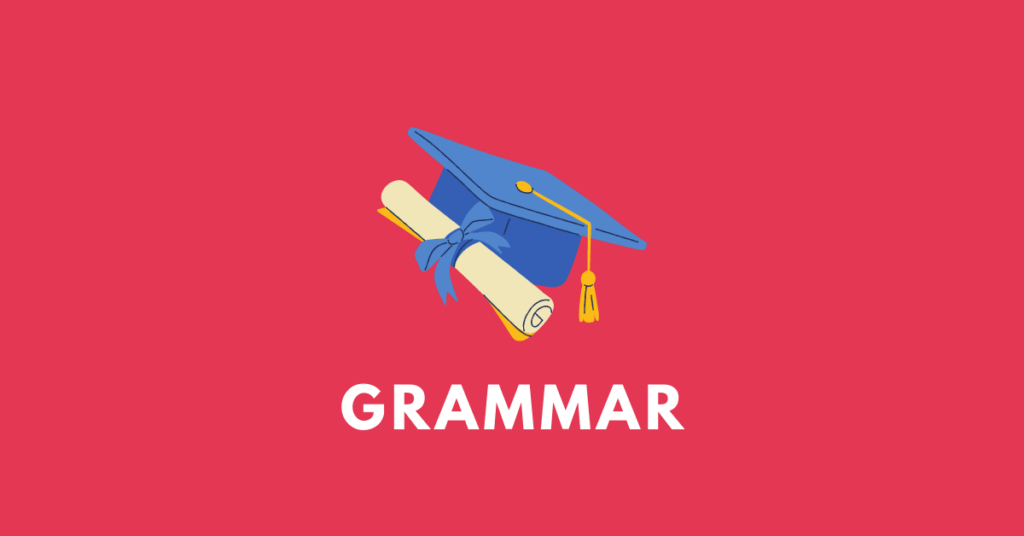Here, we’ve provided the solutions of NBSE Class 10 English Grammar Worksheet II (two). Attempts have been made to keep the solutions error-free, however, if you find any error, let us know. We’ll review it and make corrections if needed.
A verb is a word that describes a specific action. There are two types of verbs. Intransitive verbs and transitive verbs.
A sentence is made up of three basic elements: a subject, a verb, and an object. While some verbs require an object in order to convey a complete idea, others do not need it. Transitive verbs require objects while intransitive verbs don’t need objects to make complete sense.
Eg. I gave the book to her. In this example, the verb is ‘gave’, ‘the book’ is an object, and ‘me’ is another object. So the verb here is transitive.
Eg. She cried loudly. In this example, ‘cried’ is the verb but it doesn’t have an object. So the verb here is intransitive.
One of the ways to identify transitive verbs and intransitive verbs is that sentences with transitive verbs can be changed to passive voice while sentences with intransitive verbs cannot be changed to passive voice.

A. State whether the verbs in the following sentences are used transitively or intransitively.
1. Heat expands metals.
2. Metals expand on heating.
3. The driver stopped the car.
4. The car stopped abruptly.
5. You must speak the truth.
6. You must speak loudly.
7. The boy is flying the kite.
8. The birds are flying in the sky.
9. The rider fell off the horse and broke his arm.
10. The woodcutter felled a huge tree.
12. The explosion sank the ship.
12. The ship sank suddenly
Answers:
B. State whether the underlined verbs are transitive or intransitive in the given sentences.
1. Mary Kom won the bout.
2. Most animals have eyelids
3. Snakes do not have eyelids
4. I love my dog
5. The Chief Minister of Assam boarded the aircraft.
6. Sheetal was sad when her dog died.
7. Mona loves mangoes.
8. The man grabbed the bag from the old lady.
9. We should always speak the truth.
10. Please speak.
11. The policeman was drinking some water
12. The magician performed a brilliant trick.
13. My mother was happy with my results.
14. The huts were destroyed in the thunderstorm.
15. Children swing from the branches like monkeys.
Answers:
C. Identify the direct object of the transitive verb in the following sentences.
1. I admire her for her grit and determination.
2. She waited over an hour for the train to Agra.
3. The ferocious dog chased the robbers away.
4. I like sweet tea.
5. We celebrate all festivals with great fervor.
6. Do you like the blue dress?
7. She proudly received the prize from the Principal.
Answers:
D. Circle the intransitive verbs and underline the transitive verbs. In the sentences with two objects, mention which is the direct and indirect objects.
A transitive verb sometimes has more than one object. In such a case, the thing you give to someone or do for someone is called a direct object while the receiver is an indirect object. Eg. The President presented Sachin Tendulkar the Bharat Ratna. Here, Bharat Ratna is the direct object while the receiver Sachin Tendulkar is the indirect object.
1. Bill Gates donated most of his wealth to charitable trusts.
2. Madhu walked to school with her friends.
3. The sea looks beautiful at sunset.
4. We talked all night about our exciting trip.
5. Khriehu sang the opening song at the event.
6. The dog jumped over the fence.
7. Mother Teresa gave many poor people the gift of love.
8. Grandpa laughed out loud.
9. Grandpa never laughs at people when they make mistakes.
10. The receptionist gave the room key to the guest.
Answers:
E. Make two sentences with these verbs showing the transitive and intransitive uses of each.
(fly, sing, turn, broke, stop, laughed, barked)
Answer:
F. Follow the format shown in the examples and identify the subject, the linking verb, and the complement in these sentences.
Verbs such as be, turn, look, feel, seem, and become do not have objects. Instead, they are followed by a word or phrase known as a complement. These verbs are known as linking verbs.
1. Moatoshi is a young man.
2. The cake got burnt.
3. Peter is getting angry.
4. The orange tastes sour.
5. Milind felt like a fool.
6. Amar felt sorry.
7. The milk turned sour.
8. The train is late.
9. That pastry looks delicious.
10. A frog is an amphibian.
Answers:
Get notes of NBSE Class 10 English and Grammar Worksheets

I want to see the answer
I need the missing answer
I like to see the Missing answers
Editor’s response: Please sign up for subscription paying just Rs 99 for an entire year to see the missing answers. The subscription fees help us keep the website running.